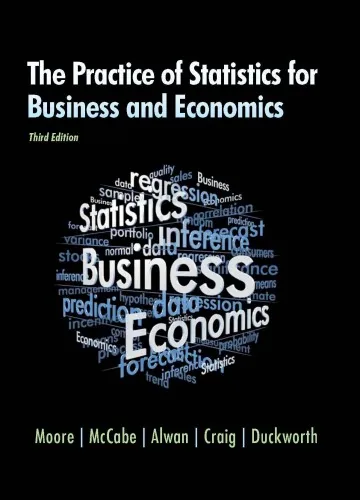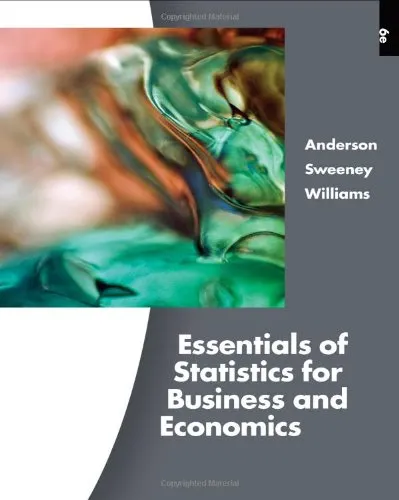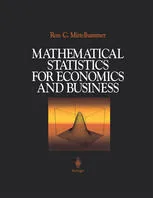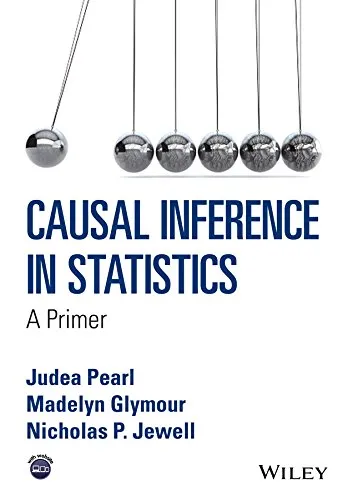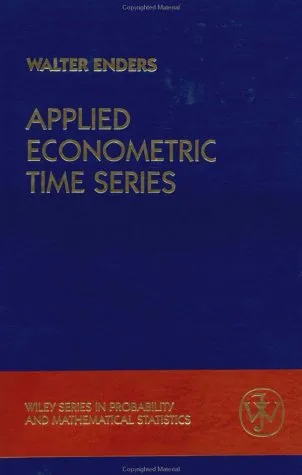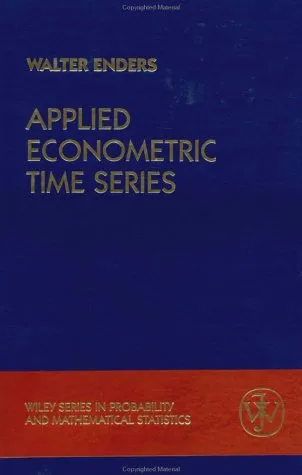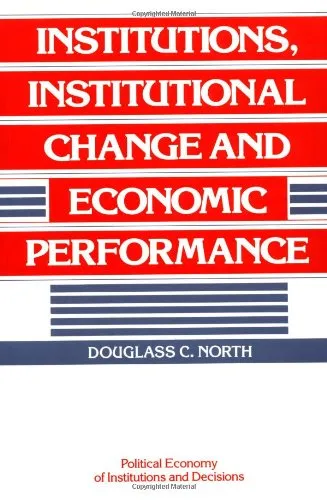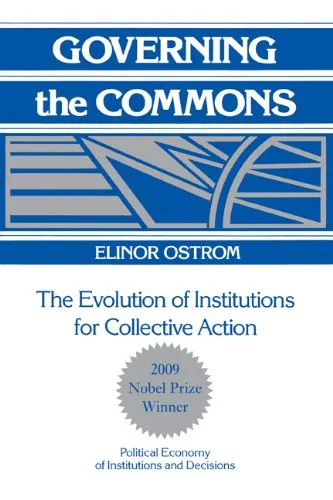Philosophical foundations of contract law
4.5
Reviews from our users

You Can Ask your questions from this book's AI after Login
Each download or ask from book AI costs 2 points. To earn more free points, please visit the Points Guide Page and complete some valuable actions.Related Refrences:
Introduction to "Philosophical Foundations of Contract Law"
"Philosophical Foundations of Contract Law" is a landmark exploration of the principles, theories, and intellectual underpinnings of contract law. Edited by Gregory Klass, George Letsas, and Prince Saprai, this work brings together leading legal philosophers and scholars to dissect the role of contract law in modern society. It examines its philosophical foundations and practical implications, offering readers an intricate view of how legal frameworks shape and are shaped by human values, economic systems, and ethical norms.
The book provides a multidisciplinary perspective, combining elements of moral and political philosophy, jurisprudence, and economic analysis. Its ambitious scope makes it a critical resource for legal academics, scholars of philosophy, practicing lawyers, and policymakers alike. Whether you're seeking a deeper understanding of the moral obligations within contractual relationships, or the broader societal impact of contract law, this book is essential reading.
Detailed Summary of the Book
The book begins by addressing foundational questions: Why do contracts exist? What justifies their enforceability? From there, it explores how contract law interacts with individual autonomy, fairness, and social welfare. It also examines how these considerations intersect with the economic principles that often dominate legal analysis.
The volume is divided into thematic sections, each focusing on a particular aspect of the philosophical underpinnings of contract law. Some chapters delve into theories of promise and their legal implications, while others debate the morality of enforcement—especially in cases involving duress, exploitation, or unequal bargaining power. The contributors evaluate competing philosophical frameworks, including utilitarianism, Kantian ethics, and liberal theories of justice, to determine how well they align with the realities of contract law practice.
The editors have thoughtfully curated essays that offer both overarching theoretical frameworks and detailed, nuanced analyses of specific legal doctrines. Perspectives from distinguished theorists such as Charles Fried, T. M. Scanlon, and Jules L. Coleman are presented, allowing readers to evaluate the merits and limitations of their arguments.
Key Takeaways
- Contract law exists at the intersection of morality, economics, and politics, making it a uniquely rich area for philosophical inquiry.
- The enforcement of promises and agreements is not solely a matter of legal obligation but also a reflection of societal values regarding trust, fairness, and autonomy.
- Economic analysis, while valuable, often needs to be tempered with ethical considerations when evaluating the efficiency and fairness of legal outcomes.
- Traditional and contemporary theories of contract law are constantly in dialogue, creating a dynamic intellectual landscape that evolves with societal changes.
Famous Quotes from the Book
"A promise is not merely a commitment; it is a bridge between two moral agents, intertwining autonomy with mutual respect."
"To enforce a contract is to acknowledge the dignity and agency of those who enter the agreement, even as society retains the right to scrutinize its fairness."
Why This Book Matters
In an era of rapid globalization and legal complexity, understanding the philosophical foundations of contract law is more important than ever. This book provides a clear and comprehensive exploration of the principles that underlie this cornerstone of modern legal systems. By questioning and refining our understanding of contracts, it equips readers with the intellectual tools to navigate contemporary legal challenges with greater sophistication and insight.
Furthermore, the book serves as a bridge between theory and practice. It unites abstract philosophy with the practical realities of lawmaking and adjudication, fostering a deeper appreciation of the role that contracts play not only within market economies but also in personal and societal relationships. For students, scholars, and practitioners alike, this work enriches our understanding of the ways in which law interacts with the broader human experience.
Free Direct Download
You Can Download this book after Login
Accessing books through legal platforms and public libraries not only supports the rights of authors and publishers but also contributes to the sustainability of reading culture. Before downloading, please take a moment to consider these options.
Find this book on other platforms:
WorldCat helps you find books in libraries worldwide.
See ratings, reviews, and discussions on Goodreads.
Find and buy rare or used books on AbeBooks.
1454
بازدید4.5
امتیاز0
نظر98%
رضایتReviews:
4.5
Based on 0 users review
Questions & Answers
Ask questions about this book or help others by answering
No questions yet. Be the first to ask!

